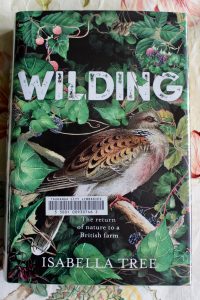 In this article I want to share a little from a captivating book I’ve just read called ‘Wilding’ by Isabella Tree. It is about Isabella and her husband Charlie Burrell returning to nature an uneconomic cropping and dairy farm of 3,500 acres on marginal land (clay above an iron pan) in Sussex, England. The Knepp (pronounced ‘Nepp’) farm project is the first of its kind in Britain. There is very little human intervention. They have released herds of free roaming herbivores which have stimulated new habitats
In this article I want to share a little from a captivating book I’ve just read called ‘Wilding’ by Isabella Tree. It is about Isabella and her husband Charlie Burrell returning to nature an uneconomic cropping and dairy farm of 3,500 acres on marginal land (clay above an iron pan) in Sussex, England. The Knepp (pronounced ‘Nepp’) farm project is the first of its kind in Britain. There is very little human intervention. They have released herds of free roaming herbivores which have stimulated new habitats
resulting in a flourishing of insects, animals, plants and soil life. Very rare birds for example the turtle neck dove, and the peregrine falcon and rare butterflies like the purple emperor are now breeding at Knepp.
This project has demonstrated that allowing nature to lead
the way restored the land and its wildlife in a very short time reversing the massive declines of the past five
decades. This story also challenges the prevailing beliefs about the British and European landscapes of the past and present. It is an inspirational story and vision of a future countryside that is wilder and richer benefiting nature,
farming and us.
There were so many ideas in this book that I found inspirational and exciting because they fit with my understanding of permaculture and working with nature not against it. On the estate an old oak tree died and they were ready to take a chainsaw to it as they considered it a blot on the landscape. However, Ted Green, a distinguished tree specialist and custodian of the oaks at Windsor Great Castle pointed out that
There was a whole chapter devoted to ragwort, the bane of many a kiwi farmer, including my Dad. Our family spent many a day out spraying ragwort while we were growing up. The Knepp neighbouring farmers were vehemently opposed to allowing large areas of it to flower, fearful it would
spread to their land. Turns out most seeds drop around the plant however, the Burrell’s relented to removing ragwort from a wide strip around the boundary. It was the older generation that commented how the countryside with flowering ragwort had always looked like that in the past, because it is a native British plant and host plant to large numbers of insects.
Knepp now runs safaris and one can camp out there in wild nature. I am so excited about what they are achieving at Knepp. I hope it starts to cause a shift in how people view wilderness and conservation in England and perhaps we can learn gain valuable lessons from it for our situation in New Zealand.
There is a lot more to this book than I’ve covered here. I feel so nourished when a book expands my view of nature and challenges our long held beliefs.
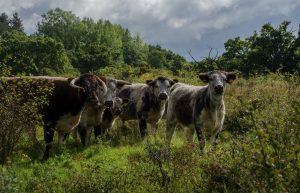
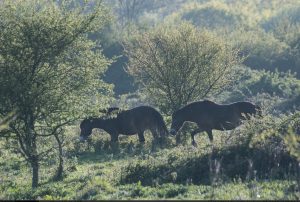
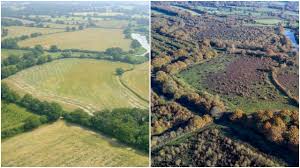
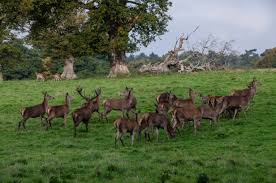
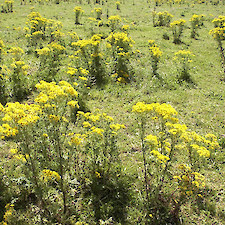
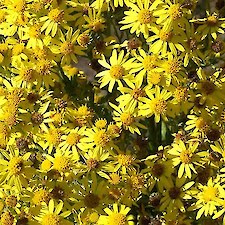
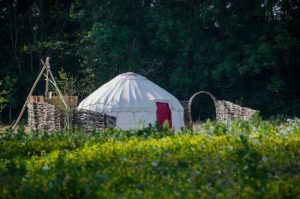
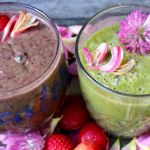
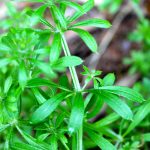
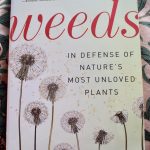

Hi Julia
I’m reading Wilding right now. I’m getting a lot out of it. Love the holistic approach to ag and it’s good to see it’s gaining ground here in Aotearoa.
HI Terri, isn’t it interesting how you find out others are reading the same book at the same time. Another friend in Switzerland said he’s just read it. Must be the time we need to learn these things that Isabella shares. So glad you’re getting lots out of it.
I’m very curious to see your email address – I say I’m wild about weeds. You’re obviously a fan of them too! Have we met? Warm wishes Julia